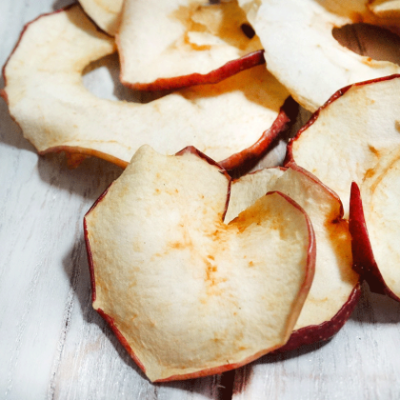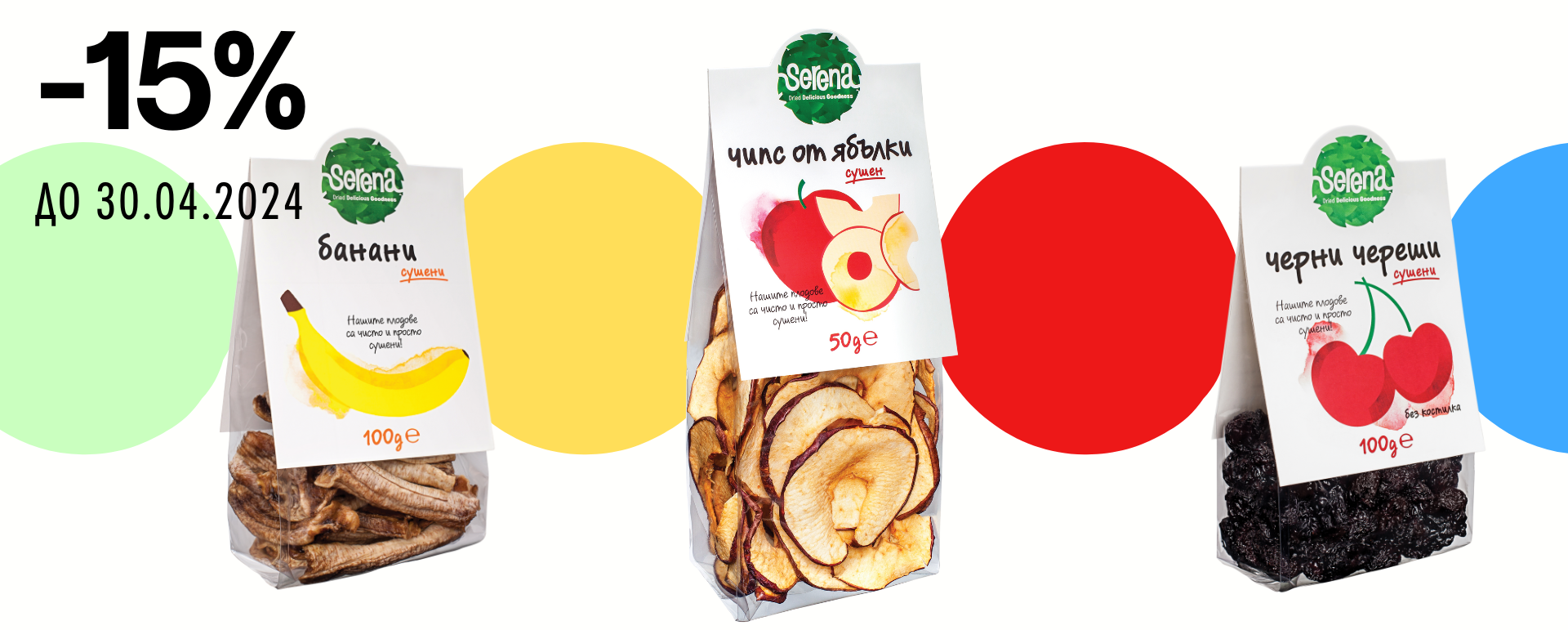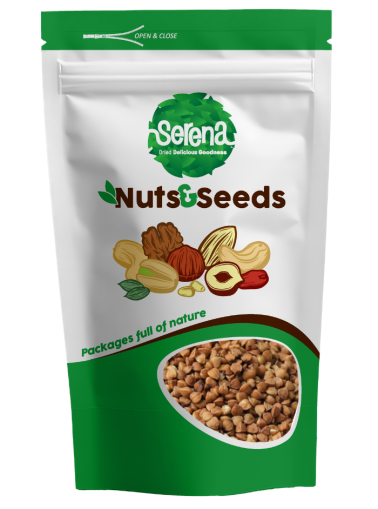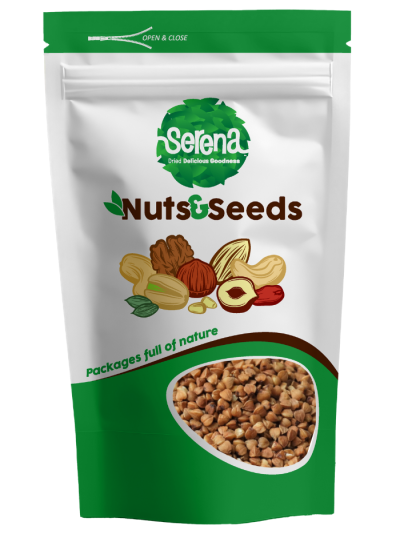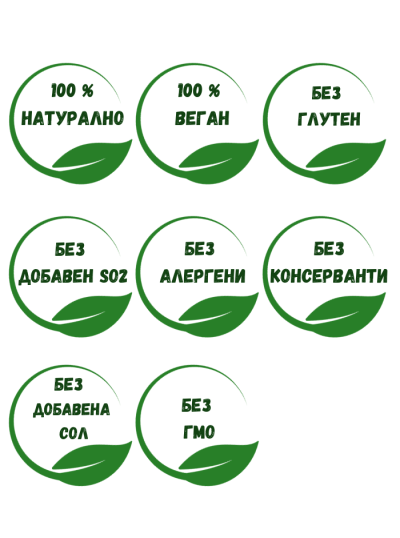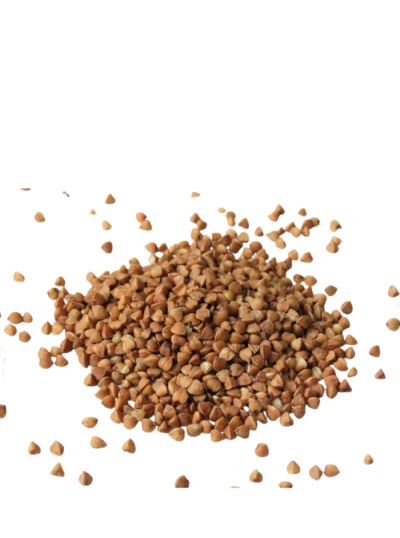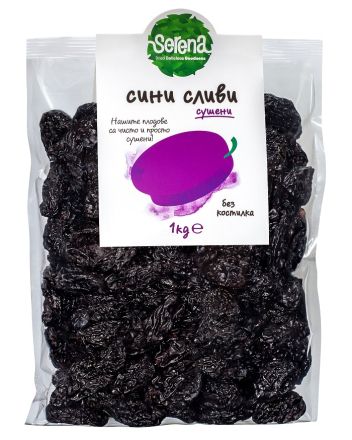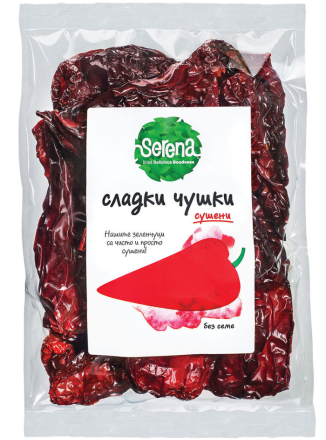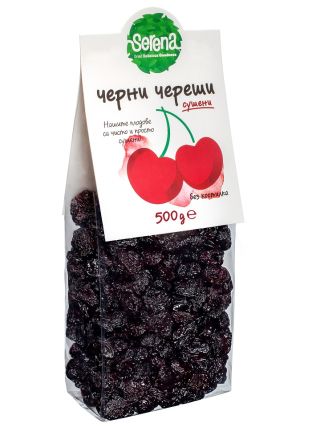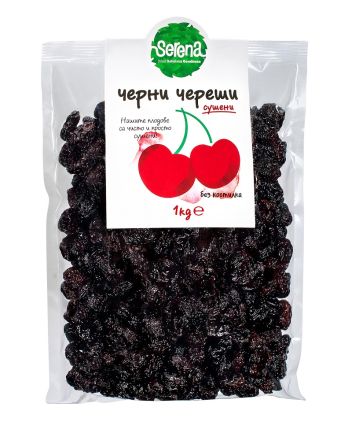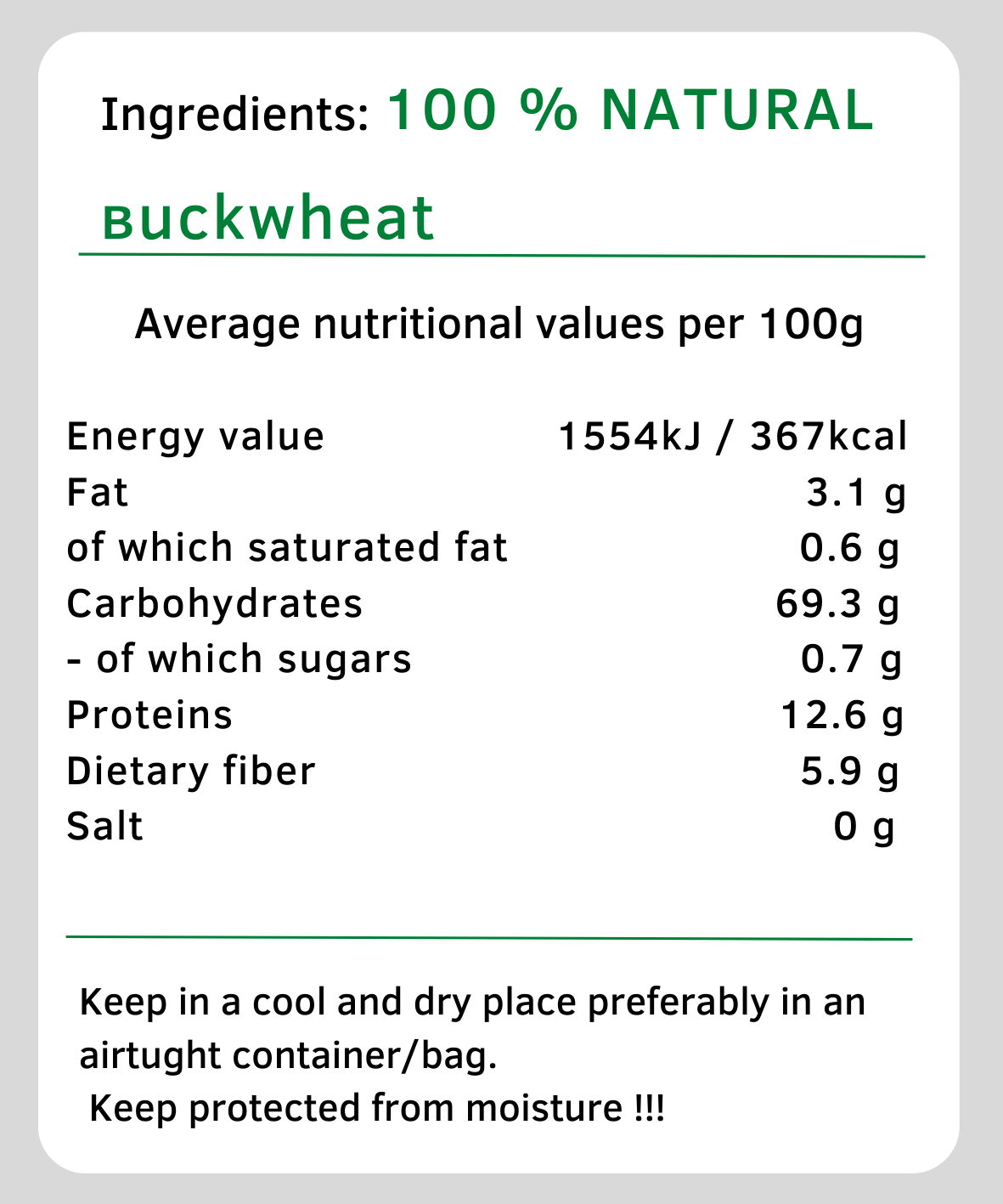
- DESCRIPTION
Buckwheat is a product rich in protein, fiber, magnesium, iron, phosphorus and copper, as well as B vitamins. It is suitable for cooking alone or as a side dish. Buckwheat does not contain gluten, which makes it a favorite food for those who adhere to a gluten-free diet.
- APPLICATION
Buckwheat is well known to many people who practice vegetarianism because it is a complete substitute for meat. It is used in baby food. For centuries, it has been used to make easy nutritious porridges. Buckwheat is used with great success in the preparation of salty and sweet dishes. Apart from being a porridge, buckwheat can be prepared as an addition to meat dishes, vegetables, even fish and soups. Buckwheat desserts are often prepared in combination with fruit or put in fruit. With buckwheat flour you can prepare various cakes or pancakes, or add it to the thickening dish if necessary. Buckwheat can also be prepared as rice.
- HEALTH BENEFITS
Buckwheat is rich in protein, about 14%, fat, sugar and fiber. It has a high content of vitamins - A, B, E, and PP, iron, calcium, phosphorus, iodine, boron, magnesium and zinc. It also contains organic acids - citric and malic and does not contain gluten. Ice is a very suitable food for athletes, as it increases muscle strength and endurance. Its rich content of flavonoids helps fight cell aging. The high content of magnesium helps prevent the cardiovascular system, fight high cholesterol and hypertension. The presence of a rich set of vitamins and minerals is especially useful for skin, nails and hair. It has a beneficial effect on people with impaired peristalsis due to the presence of pectin and fiber. Stabilizes blood sugar. It is useful for the proper functioning of the liver and pancreas due to the presence of iron and lecithin.

